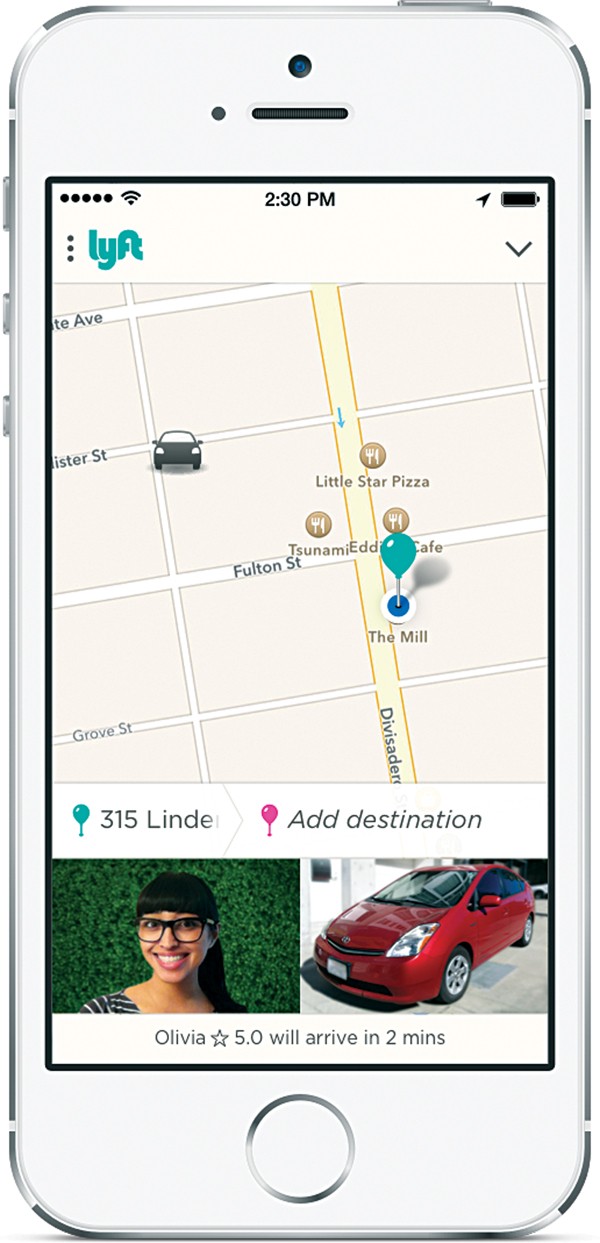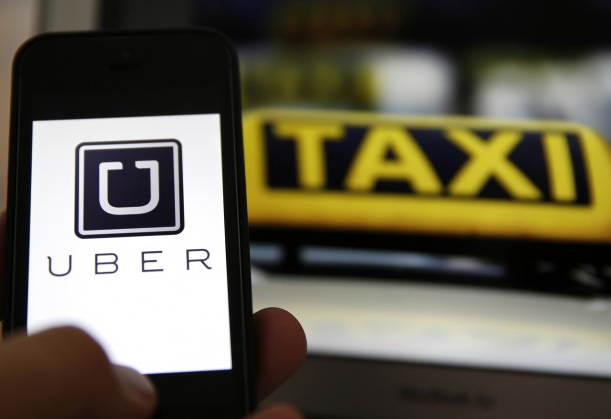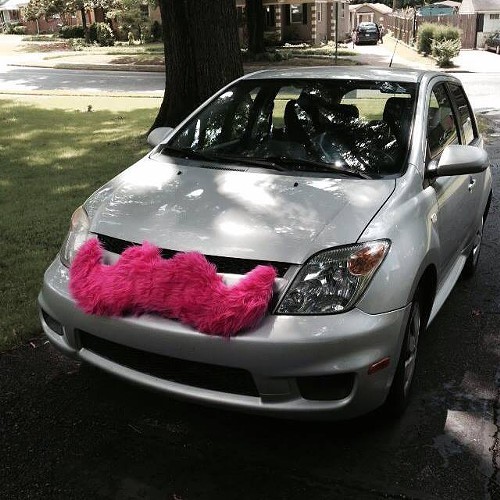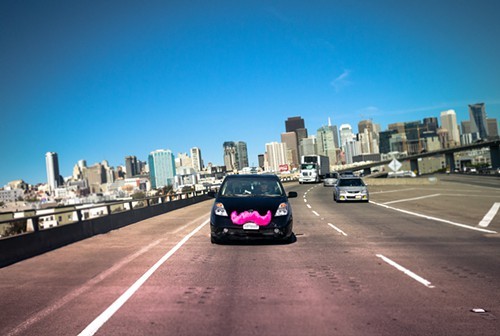Your friend with a car — the tagline for ride-sharing company Lyft — may soon have to follow a few new city regulations.
After issuing a cease-and-desist letter to “transportation network companies” (the city’s term for ride-sharing companies) in July, the city almost immediately began working with Lyft and Uber to develop new regulations for the industry. Both companies continued to operate in Memphis throughout negotiations.
Memphis City Councilmen Kemp Conrad and Myron Lowery are co-sponsoring a pair of ordinances that would regulate Lyft and Uber and also do away with some outdated regulations for the taxi industry. The council’s third reading for the Transportation Network Company (TNC) ordinance was postponed earlier this month because new taxi regulations are still being drafted.
“Now we’re trying to level the playing field to the extent possible with taxi companies,” Conrad said. “Our taxi ordinance is very outdated.”
Representatives from the taxi industry have been vocal about their opposition to Lyft and Uber operating without city regulation for much of the past year. They want TNCs to follow the same rules they do, but Lyft and Uber representatives have said they are a new type of industry that doesn’t fit into the same mold.
Conrad agrees: “They are a new class of transportation provider that doesn’t fit into the limo ordinance or taxi ordinance.”

Both Lyft and Uber operate in much the same way: Drivers use their own personal vehicles. They are “hailed” using a smartphone app that stores the passenger’s credit card information. No money is exchanged between the passenger and the driver because rides are automatically charged to the passenger’s card. Fares are generally cheaper than an average cab ride.
The new ordinance for TNCs will require that all drivers get background checks. It also requires that the TNC or a third party conduct safety and appearance inspections of vehicles used. It sets up a standard insurance model that all TNCs must follow. It also bans TNCs from accepting street hails, requiring that all hails come through the companies’ apps.
Chelsea Wilson, a spokesperson for Lyft, said they worked with the city to help draft the ordinance.
“We’re not opposed to regulation. We want to make sure that any regulations recognize the difference in our model and understand that our drivers are not professional drivers,” Wilson said. “They’re everyday residents who are able to, after passing our rigorous background checks, drive when they have the time, to make ends meet.”
Ham Smythe, CEO of Premier Transportation Services, isn’t pleased that the TNC ordinance doesn’t require Lyft and Uber to register their individual drivers or their vehicles with the city permits office.
Smythe said he’s open to some changes with the current taxi ordinance, but he’d rather see TNCs facing more regulation rather than taxis facing less.
“If there is some legislation that allows taxi cabs more freedoms, we might look into that. But I think it’s a mistake not to regulate for-hire transportation,” Smythe said. “It’s a business that needs regulation. But I can’t have us being regulated and them [Lyft and Uber] not being regulated.”
The language of the taxi ordinance is still in the works, but Lowery said it will update their background checks to be more in line with those being proposed for TNCs, and it will update rules for taxi companies’ yearly vehicle inspections. He said the new ordinance will also loosen rate regulations.
Lowery said companies like Lyft and Uber keep the entire industry on its toes.
“Competition is good for everyone in Memphis. Competition makes other folks better. [The TNCs] are forcing the taxi industry throughout the U.S. to respond to this,” Lowery said. “And we’re not trying to deny a new industry the right to exist. They’re providing jobs for people, and they’re allowing those people to set their own hours and work on their own time.”
Both ordinances should be up for final reading on January 6th.



